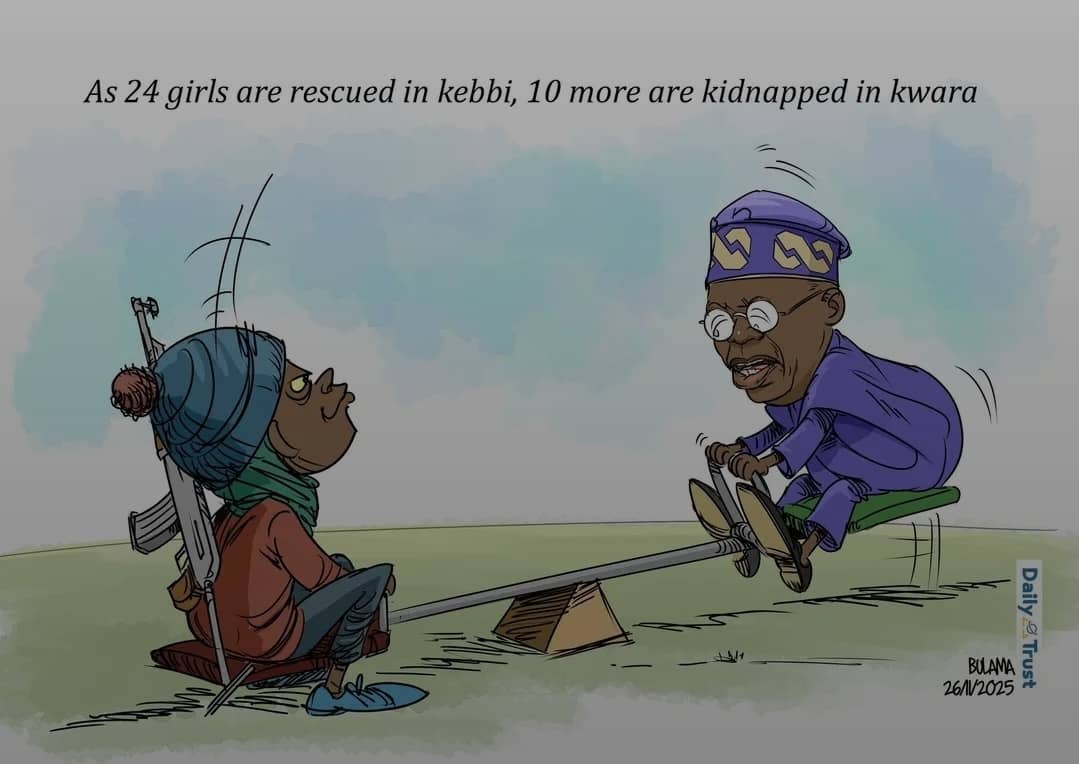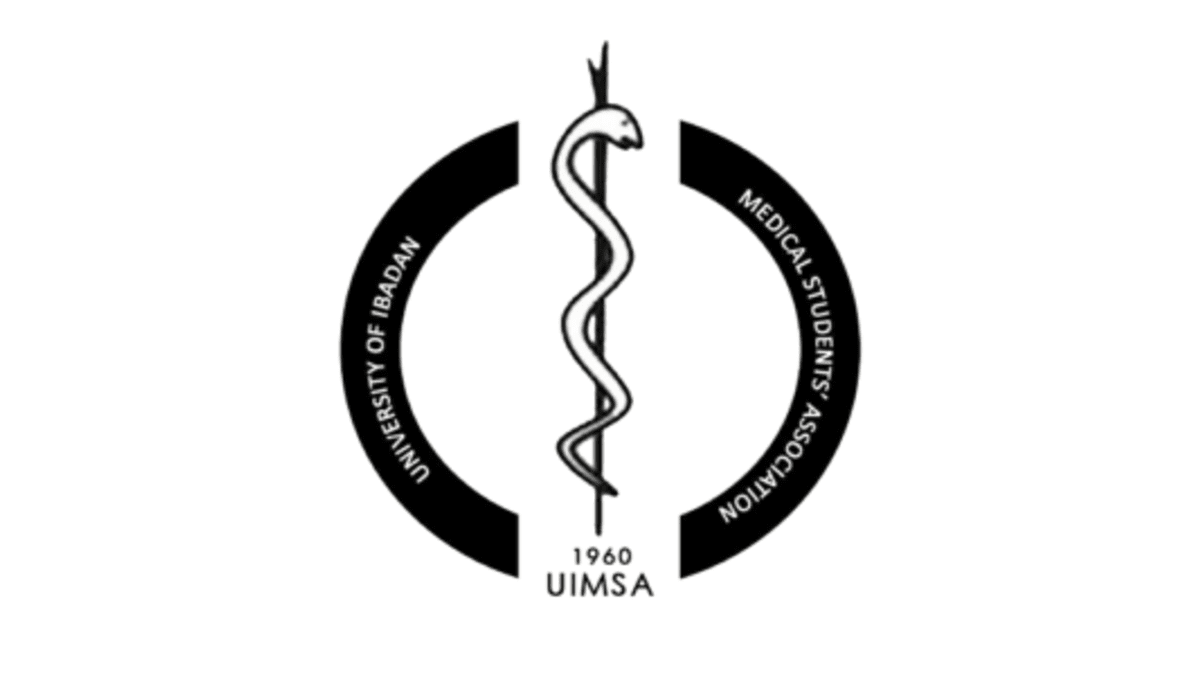
In an incredible and tactful display of administrative efficiency, the Federal Government has unveiled its latest innovation in crisis management. Titled the “See No Evil, Rescue Some Evil” scheme. This brilliant innovation allows for the triumphant recovery of kidnapped citizens without the inconvenience of addressing who kidnapped them in the very first place.
Speaking at a (poorly organized) press conference yesterday, a government spokesperson, surrounded by his plethora of police escorts and DSS agents, praised the new approach, claiming, “We are proud to announce that we have successfully rescued 50 children.” When a journalist rudely asked about the identity of the kidnappers, the benevolent spokesperson smiled patiently. “That’s not important. What matters right now is that we have rescued them and they have quietly been returned to their families. Don’t you dare ask to see them either, so you don’t disturb these children further than they have already been.” He then calmly asked the unnecessarily inquisitive reporters for their next questions, who were hell-bent on destroying the nation’s peace.
This new scheme represents a philosophical breakthrough: If we never speak about the bandit, do they even exist? Let’s call them Schrodinger’s criminals. Moving on, in related news, the government has also announced a new constitutional amendment that requires all humanitarian crises be first validated by Western countries before they can officially be recognized here. “We were conducting routine security assessments in the North when the United States mentioned something about Christians being killed,” explained a senate leader “That’s when we realized we should probably look into it.”
The process is in very simple steps: Crisis occurs, wait for CNN coverage, wait for statements from congress members of the western country, express shock and outrage, and lastly form a committee.
This is very essential because it is very unrealistic to expect the government to react to every little massacre. We need international confirmation that lets us know that it is worth our attention. It’s called a scale of preference, and this is the best way to decide.
While this is going on, however, members of the north are also celebrating the government’s visionary security initiative, which has transformed their daily lives into a thrilling adventure of uncertainty. “Every day is different,” said one resident who preferred to remain anonymous and also preferred to remain alive. “Will I make it to the market? Will my children come home from school? Will there be gunmen at my church today? Only one way to find out.”
The local farmers in the town have also praised the program’s unique approach to agricultural development, an approach so unique it can only be found in this country. “The bandits have taught us efficiency,” explained one farmer. “Why harvest your crops when someone else can harvest them for you? Sometimes they even harvest you along with the crops. It’s vertical integration.” This approach hasn’t fully been taught in the schools yet, but if the children taken by these bandits come back, we’re certain the gospel will spread quickly.
Speaking of children coming back, the Bureau of Statistics has developed an impressive new metric. They dubbed it the “Rescue to Reality Ratio” (RRR), which measures the number of rescue announcements versus the number of people who actually need rescuing. And according to them, our RRR is at an all-time high, a rate that would make only our government proud.
When pressed about the growing number of kidnappings, the Minister introduced another innovation: the “Pre-Rescue Monitoring System,” where the government carefully monitors situations before deciding whether they merit a rescue operation or just a strongly worded statement. “We’ve rescued so many people, we’re thinking of opening a rescue museum,” he added. “We’ll display photos of all the rescued individuals. They might all look the same, but it’s really your fault for noticing.” Once again, nothing was said about the bandits.
As we move forward in this country, everyone is advised to take comfort in knowing that their government is diligently at work rescuing them from situations that definitely weren’t created by anyone in particular, certainly no one worth naming, and absolutely no one the government should feel obliged to arrest. After all, if we catch the bandits, then we have no one to rescue people from. Think of the unemployment in the rescue sector. The government has also announced plans to seek international recognition for its groundbreaking approach, tentatively titled “How to Run a Country Without Actually Running It: A Masterclass in Appearing Busy.”


